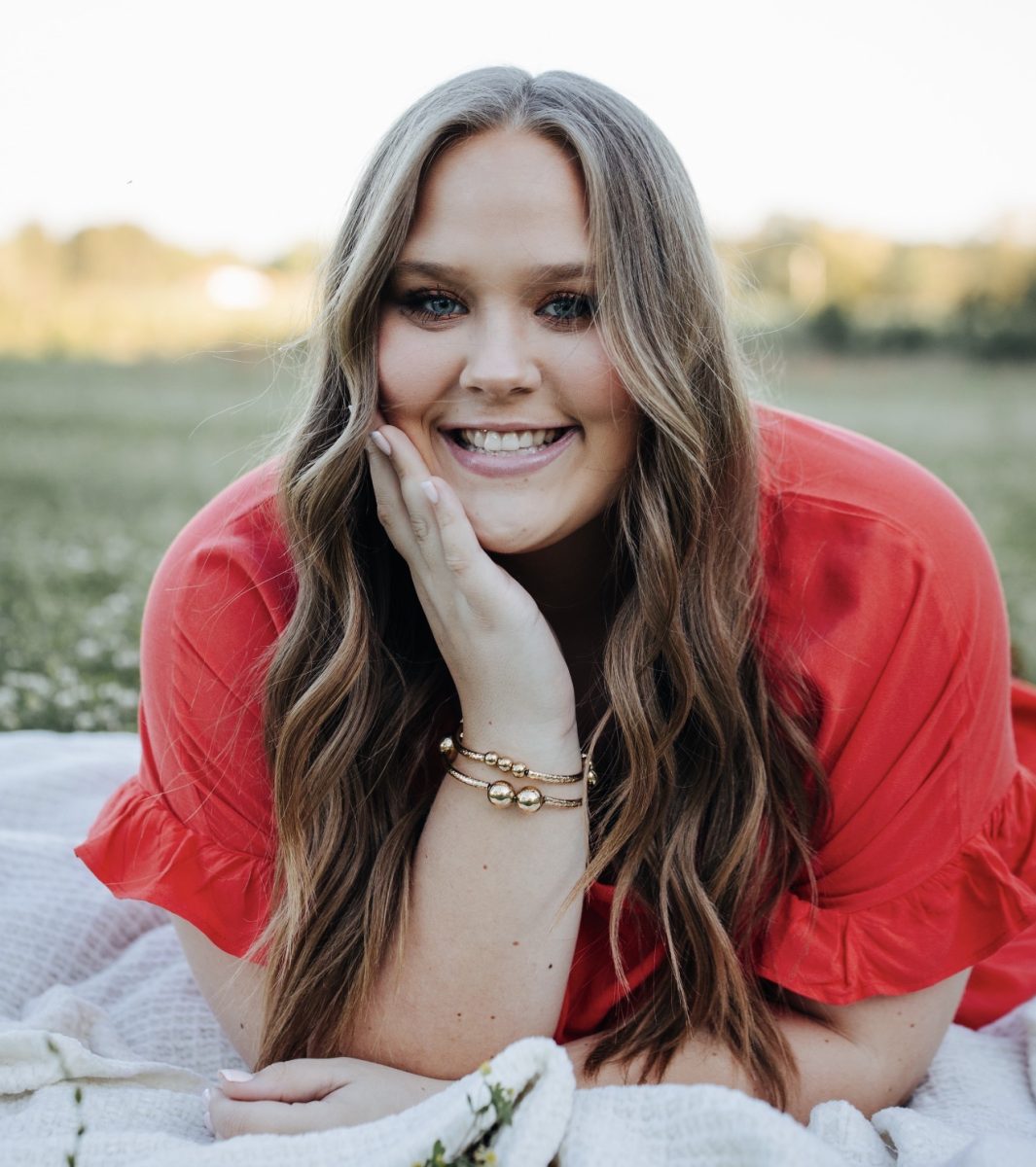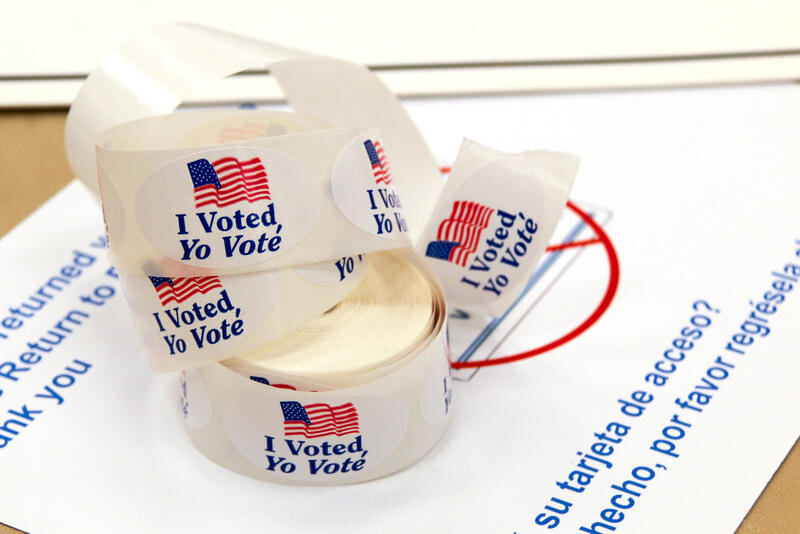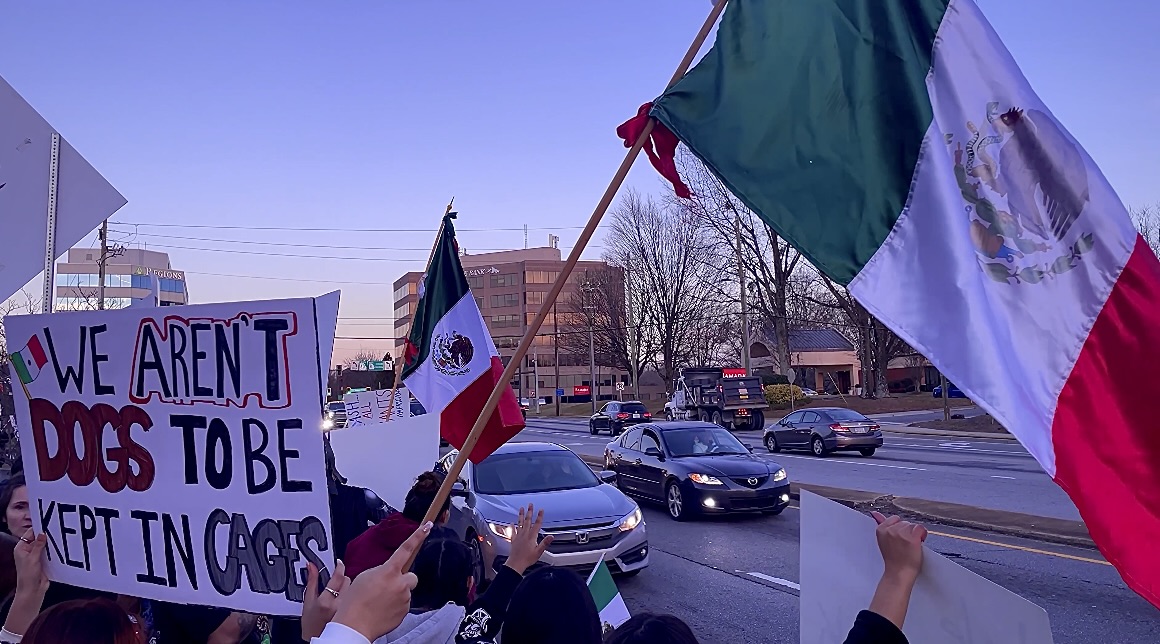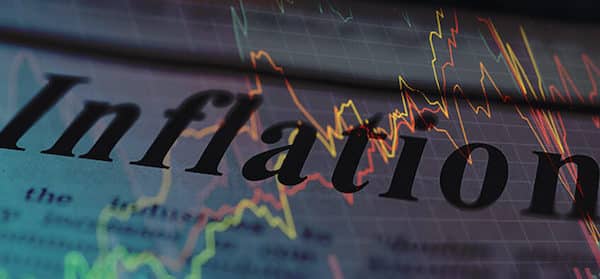Election Day is here, and voters are heading to the polls during this historic twenty-four hours that only come every four years.
Since the opening primaries this January, we have seen a drastic change in the state of this presidential race. Former President Trump was the subject of two assassination attempts, and incumbent President Biden withdrew his bid for reelection weeks after a subpar debate performance, which saw a steady decline in his average polling.
Dr. Carl Cavalli, a University of North Georgia professor of political science, reflected on Biden’s exit from the race as a result of a tough stretch for the commander in chief.
“This was going to be a close election no matter what. By the time President Biden withdrew from the race, he had a rough few weeks and had fallen a few points behind Donald Trump. The final 538.com aggregation of polls before the President dropped out showed him just over three points behind Trump.” – Carl Cavalli, UNG Political Science Professor
The Democratic National Convention saw new developments as their candidate had not received a single primary vote to become their nominee. Vice President Harris garnered Joe Biden’s previously pledged delegates who switched their commitment to her following his departure from the campaign. Cavalli identifies the unprecedented nature of this moment, recognizing that he backed out “as the party’s presumptive nominee – a nominee with virtually no opposition.”
In tight races such as this one, voters are keeping an eye on the latest polling in each battleground state to see which way it may break for their preferred candidate. Dominick Ledesma, president of the UNG Political Science Student Association, shares his perception on polling and if it’s really worth serious attention from the electorate.
“Polls in this election cycle are more than likely inaccurate. While polling has historically been a great tool for understanding voter behavior, the polling industry in the United States has nearly died.” – Dominick Ledesma, President of the UNG PSSA
Those who are skeptical of polling often cite results from the past few federal elections in which there were numerous pollsters who didn’t take critical demographics into account. Ledesma described modern polling methods as “increasingly unreliable,” noting that “only about 1% of contacted voters choose to participate, which means that pollsters would need to reach at least 100,000 individuals to collect a sample representative of the entire population.”
In the event of a Donald Trump victory, he would become the first American president since Grover Cleveland to win a nonconsecutive term in office. Kamala Harris would become the first woman to be elected to the presidency, breaking a barrier previously attempted by Hillary Clinton in 2016.
In Georgia, the polls close at 7 p.m. Any registered voter in line before the polls close is allowed to cast their ballot.


























